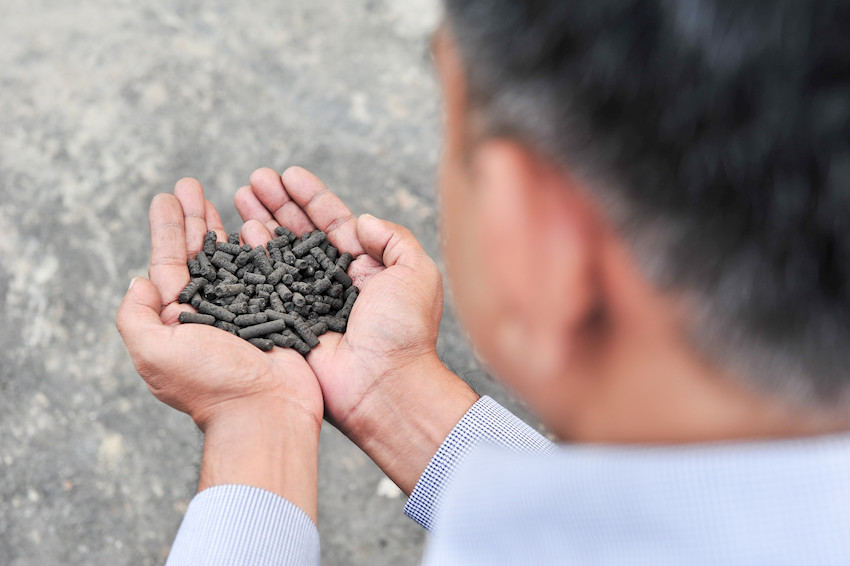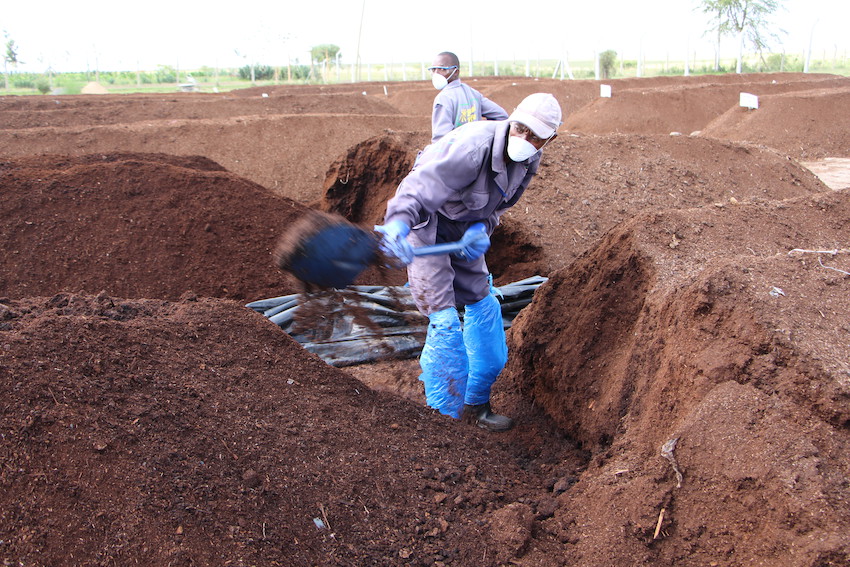For the International Water Management Institute (IWMI) and its partners, World Water Day is a good time to highlight issues we confront every day. Among these, wastewater – the theme for this year – occupies a central place. In the years to come, we will give it even more attention, following recent adjustments in how IWMI’s research addresses key development priorities.
While posing enormous challenges, wastewater offers opportunities as well. IWMI better enables societies to address these by generating new knowledge on wastewater management and by devising innovative approaches that help reduce human and environmental health hazards, strengthen food security and foster economic growth. Aimed at building positive synergies between rural and urban settings, this work forms a major part of our contribution to the CGIAR Research Program on Water, Land and Ecosystems (WLE), which IWMI leads. Together, IWMI and WLE have embarked on a year-long campaign that will draw attention – using a wealth of information resources – to the need for major initiatives aimed at transforming wastewater into a valuable resource.

Preparation of the United Nations World Water Development Report 2017: Wastewater, The Untapped Resource gave us a singular opportunity to help shape this message. UN-Water is officially releasing the report on World Water Day 2017 in Durban. Our researchers contributed significantly to the report as a whole and particularly to five of its 18 chapters, co-authoring Chapter 7 (Agriculture), which covers the sector’s dual role as both a source of water pollution and major user of wastewater.
Safe management of fecal sludge (the human waste accumulating in pit latrines and other types of on-site sanitation) represents a big part of the larger set of wastewater challenges and opportunities. In a major international conference on this issue, held last month in Chennai, India, IWMI/WLE scientists organized a session to exchange global experiences with the reuse of fecal sludge for diverse purposes, such as composting and energy.

Media coverage of a recent study by IWMI and several partners, demonstrates the value of our efforts to help governments, civil society and the private sector get the economics right in fecal sludge management. Published in the journal PLoS ONE, the study proposes a way to make the removal of fecal sludge (a key link in the sludge value chain) financially viable for households in a rural subdistrict of Bangladesh.
Wastewater management is one element in a wider “water stewardship” agenda, which was the subject of a talk show session in which I participated during the recent World Bank Water Week. The week also included a session on water productivity, in which we presented a new IWMI/World Bank co-publication on this subject (titled Beyond more crop per drop), as described in an IWMI article.
Increased water productivity will be critical for responding to water scarcity during the decades ahead, and so will better wastewater management in a rapidly urbanizing world.

